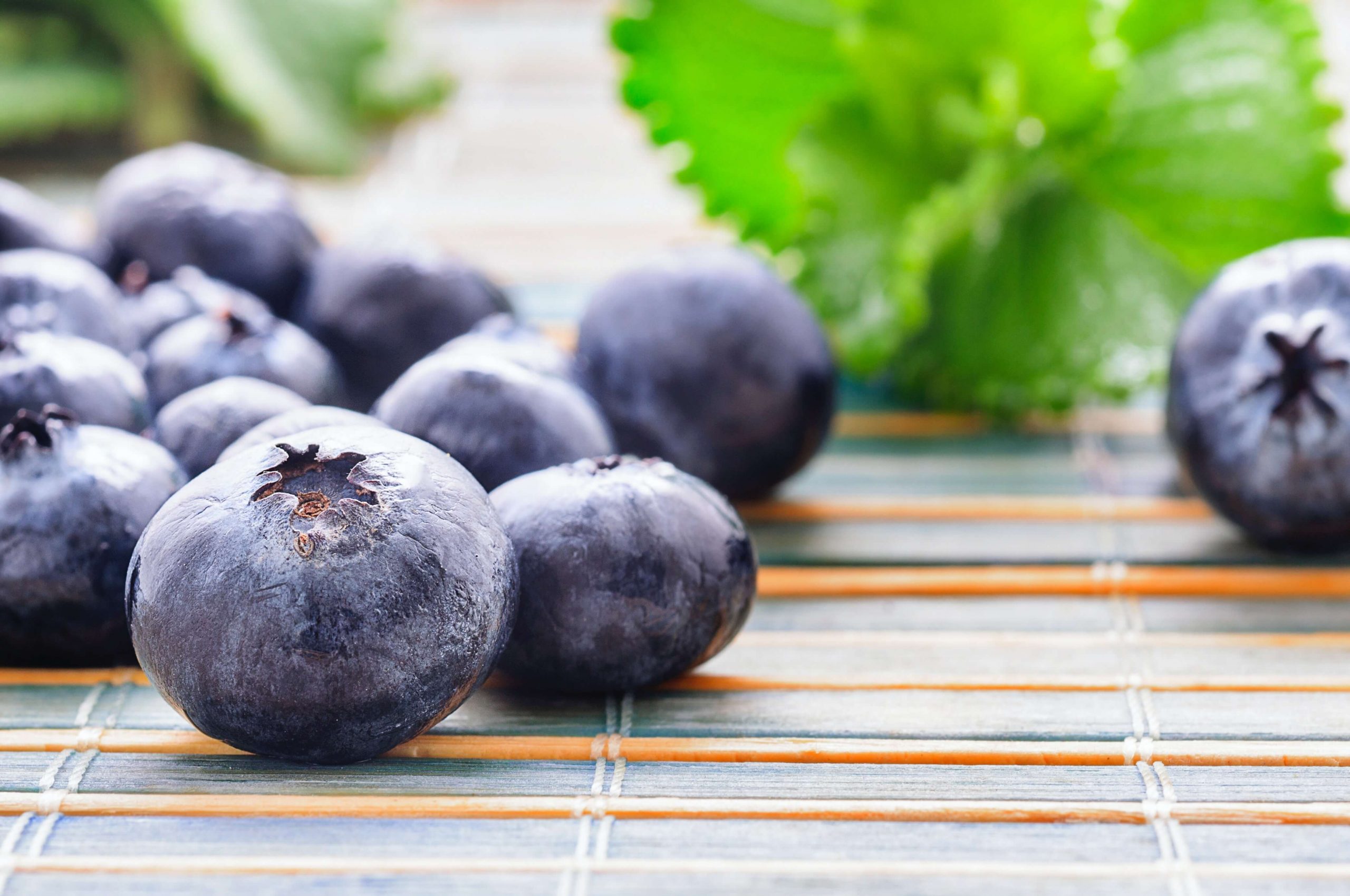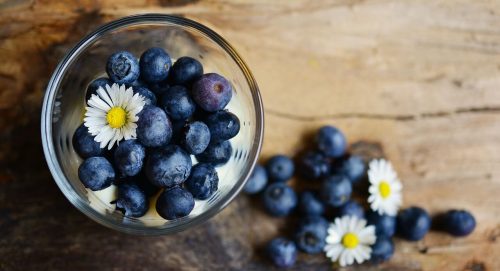
Everything you need to know about powers of Blueberries
Blueberries are among the most well-known and best-loved superfoods on the planet. The antioxidants in blueberries are classified as flavonoids. Members of this class possess a wide range of biological activities and are collectively known as polyphenols.

Blueberries have been proven to offer so many benefits. If you’re looking for a low calorie, high fiber snack that’s loaded with great micronutrients, like manganese and vitamins C and K, then blueberries may be just the right fruit choice for you. Besides tasting really good, blueberries are high in anthocyanins, which are powerful antioxidants that help protect your cells against harm from unstable molecules called free radicals.
Aside from being a delicious and versatile food ingredient, blueberries also provide plenty of essential nutrients and disease-fighting phytonutrients. A flavonoid found in the pigment of these foods does more than make them look good. The association between blueberries and a healthier heart and lower risk for type-2 diabetes is nothing new.

In a recent study, researchers at Texas Woman’s University investigated the usefulness of polyphenols present in blueberries in controlling or reducing inflammation. Induced by oxidative stress, inflammation — especially if it becomes persistent — is closely linked to the development of many chronic diseases, such as diabetes, metabolic syndrome, inflammatory bowel disease and rheumatoid arthritis (RA).
For instance, research suggests that blueberries have one of the highest antioxidant levels of all plant-based foods. Antioxidants help reduce oxidative stress, a harmful event that has been linked to various age-related chronic diseases, such as heart disease, neurodegenerative diseases and cancer.

Eating one cup per day reduced arterial stiffness and improved vascular function, which can independently lower the risk of cardiovascular disease by between 12 and 15-percent. They did note, however, that blueberry consumption did not influence blood pressure or do anything to improve insulin sensitivity. No other dietary interventions were made.
In healthy men suggested that eating two cups per day was able to protect DNA from free radical damage. Blueberries can be added to yogurt, salads, oatmeal, or eaten raw. If you can eat a cup of blueberries per day, it may have some benefit to heart health. Of course, the benefits will likely be more pronounced if included in part of a healthy balanced diet rather than a pro-inflammatory diet.
Source:
https://visiontimes.com
https://naturalnews.com
https://theepochtimes.com




